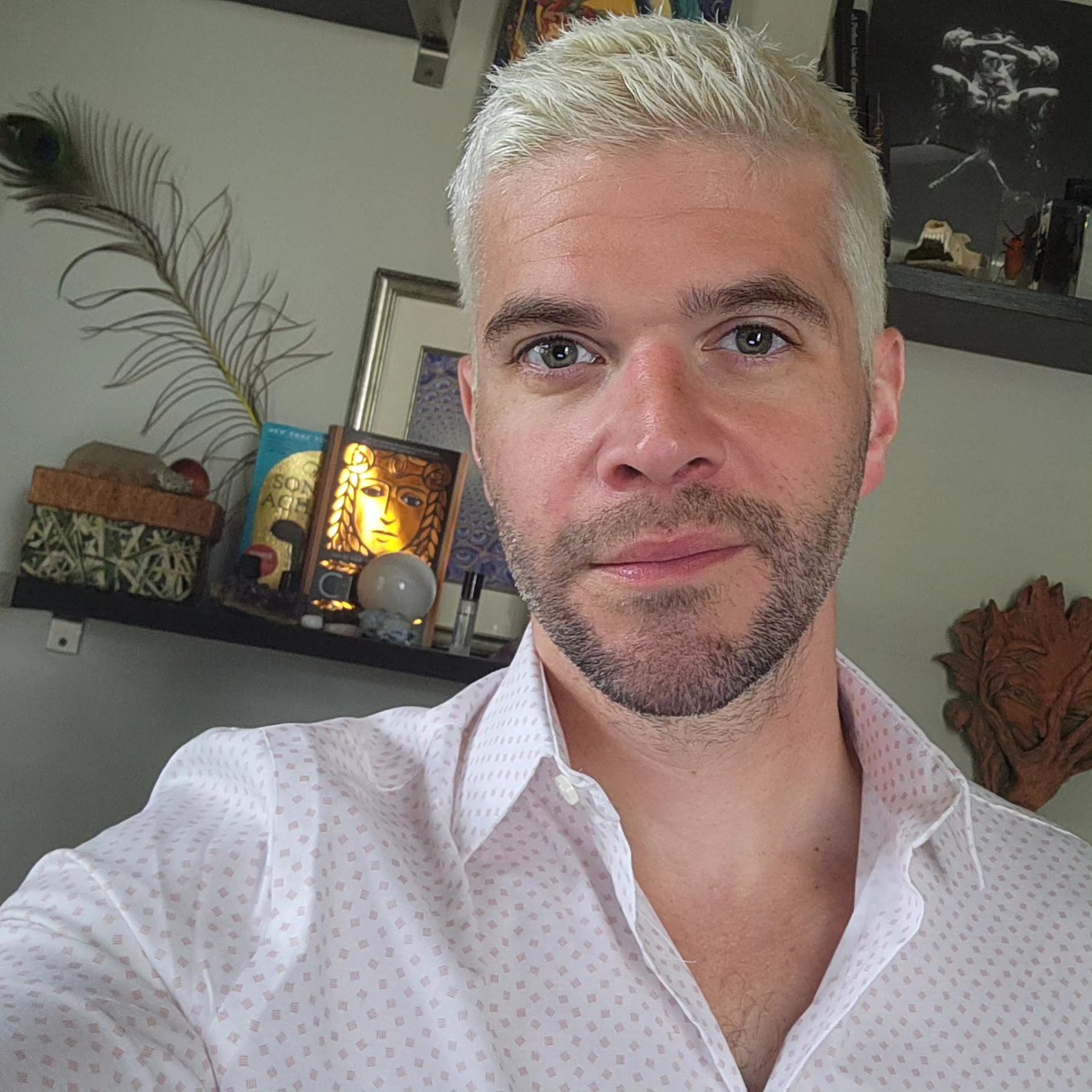Alan Montroso
Dr. Alan Montroso completed his dissertation, “Subterranean Archives: Surfacing Resilience in the Middle Ages,” and received his PhD from the George Washington University in 2019.
His work has appeared in postmedieval and Arthuriana, as well as a number of edited collections. After joining the faculty at UMD in 2020, he has honed his pedagogy through courses in Academic and Professional Writing as well as Special Topics in Shakespeare, Reading and Writing Disability, and Film, Form, and Culture. In 2024, Dr. Montroso earned the Excellence in Teaching Award from UMD’s Academic Writing Program.
Dr. Montroso’s research brings together ecocriticism, posthumanism, and disability theory to excavate the stories of marginalized figures from caves and other subterranean spaces in medieval literature. He argues that their embeddedness within their environs has led to the development of unique bodily capacities that engender alternative modes of being in the world.
Publications
“Medieval Posthumanism"
As the era preceding the articulation of what has come to be known as humanism, the European Middle Ages offer a variety of vantage points from which to trouble present certainties.
Author/Lead: Alan MontrosoPalgrave Handbook of Critical Posthumanism, ed. Stefan Herbrechter et al., forthcoming from Palgrave Macmillan in 2021.
The medieval period does not prefigure posthumanism as much as it reveals, according to the editors of the inaugural issue of the journal postmedieval, the many “ways in which bodies (human and non-human) and the world have always been emerging together out of various dynamic material processes and fields of interpretation”.
“Skin Black and Wrinkled: The Toxic Ecology of the Sibyl’s Cave"
postmedieval 11, no. 1. March, 2020, pp. 91-101.
Author/Lead: Alan MontrosoIn Virgil’s Aeneid, the famous prophetess known as the Sibyl of Cumae is imagined as coextensive with her cavernous home, a porous volcanic cave that amplifies her voice. However, as the twelfth-century adaptors of the Aeneid reimagined the many-mouthed cavern of prophecy as the murky and blackened ecology at the entrance to the underworld, the Sibyl is similarly transformed into a withered and blackened witch in the Roman d’Eneas. This marginalized and racialized woman is poisoned by her environment, the ‘trans-corporeality’ of flesh and environ a harmful constellation of material and cultural factors. And yet the Sibyl survives, perhaps preserved by the toxic landscape and even granted specialized knowledge. A bit of moss growing from her ear in the German Eneit also suggests that mastery over nature is impossible, entanglement within the environment a kind of feminine resistance to masculine attempts at dominance over nature.
"Dwelling Underground in The Book of John Mandeville: Monstrosity, Disability, Ecology."
Embodied Difference: Monstrosity, Disability, and the Posthuman in the Medieval and Early Modern World,
Author/Lead: Alan MontrosoEdited by Richard Godden and Asa Simon Mittman, Palgrave Macmillan, 2019, pp. 285-302.
“From Fantasies of Wilderness to Ecological Sovereignty: An Ecocritical Reading of the Vita Merlini.”
Arthuriana: The Journal of Arthurian Studies 28
Author/Lead: Alan MontrosoNo. 1. Spring, 2018, pp 38-55.
Edited by Asa Simon Mittman and Thea Tomani, tiny collections, an imprint of punctum books, 2017, pp 1-8.
“A Ligneous Affect: Illustrating Vitality in the Woodcut Images from Georgius Agricola’s De Re Metallica"
Featured in Lunch
Author/Lead: Alan MontrosoLunch punctum books forum.
Oliphaunt Books, 2014, pp 39-59.


